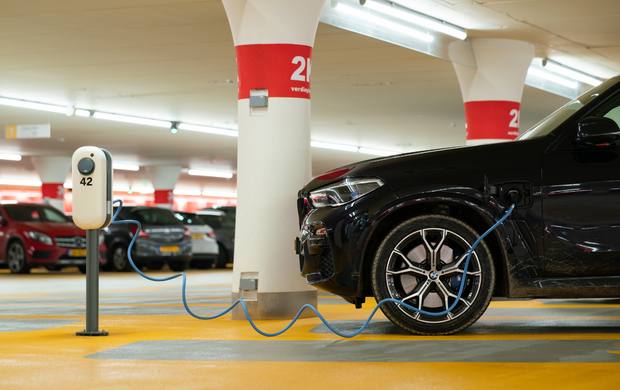In recent years, electric cars have shifted from a niche environmental statement into a viable, and increasingly popular, automotive choice. What was once a market dominated by Tesla has now flourished into a diverse field with offerings from traditional automotive powerhouses and emerging companies alike. This article delves into why making the switch to an electric vehicle (EV) isn’t just good for the planet—it’s also a financially savvy move for consumers.
Lower Operating Costs
One of the most immediate benefits of owning an electric car is the substantial savings on operating costs. Electric cars are significantly cheaper to “fuel” compared to their gasoline counterparts. With the average cost of electricity being much lower than gasoline per mile, EV owners can save hundreds of dollars per year just on fuel. Moreover, maintenance costs for electric vehicles are also lower. EVs have fewer moving parts than conventional cars, meaning there’s less that can wear out or need replacement—no oil changes, fewer brake jobs due to regenerative braking, and generally simpler and less frequent servicing requirements.
When considering the purchase of an electric vehicle, many potential buyers are initially put off by the sticker price. However, when comparing the total cost of ownership, EVs can be considerably less expensive in the long run. Even with the price of a BYD seal or a Tesla Model 3 appearing higher upfront, the savings on fuel and maintenance can quickly add up, making electric cars a win for your wallet over time.
Government Incentives and Tax Breaks
To encourage the adoption of electric vehicles, many governments around the world, including the U.S., offer a variety of incentives and tax breaks for EV buyers. These can significantly reduce the purchase price and make electric vehicles even more economically attractive. Federal tax credits can be as high as $7,500, and when combined with state and local incentives, the initial cost difference between electric and traditional cars can be substantially mitigated. Additionally, some areas offer perks like access to carpool lanes and reduced rates on tolls and parking for electric vehicle owners, further enhancing the financial benefits.
Enhanced Resale Values
Another economic advantage of electric cars is their strong resale values. As the demand for EVs continues to grow, driven by increasing fuel prices, environmental concerns, and improvements in EV infrastructure, electric cars hold their value better than many of their gasoline-powered counterparts. This strong resale value can make owning an electric vehicle even more cost-effective in the longer term, as the total cost of ownership is further reduced.
Environmental Credits and Corporate Benefits
For businesses integrating electric vehicles into their fleets or for individuals interested in the carbon trading market, owning an EV can also produce economic benefits in the form of environmental credits. Companies that reduce their carbon footprint by utilizing electric cars can often take advantage of government-provided environmental credits, which can be saved, used, or sold. For the eco-conscious consumer, this not only means driving a cleaner vehicle but also potentially benefiting financially from making a greener choice.
The Future Is Electric
Beyond the immediate economic benefits, choosing an electric car aligns consumers with a rapidly advancing sector of the automotive industry. Investment in electric vehicle technology and infrastructure is soaring, with improvements in battery technology, charging station availability, and vehicle range being made each year. As the market continues to grow, those who have already made the switch to electric will find themselves ahead of the curve, benefiting from a matured infrastructure that makes electric vehicle ownership even more convenient and cost-effective.
Conclusion
The economics of electric cars offer a compelling argument for potential buyers. With lower operating and maintenance costs, substantial government incentives, strong resale values, and the potential for environmental credits, EVs present a financially savvy choice for consumers.
As the automotive world continues to evolve, electric vehicles are not just a win for the planet—they’re a win for your wallet, too. Whether you’re drawn by the allure of saving at the pump, being part of an environmental solution, or simply eager to own a piece of the future of transportation, the economic case for electric cars is more convincing than ever.








